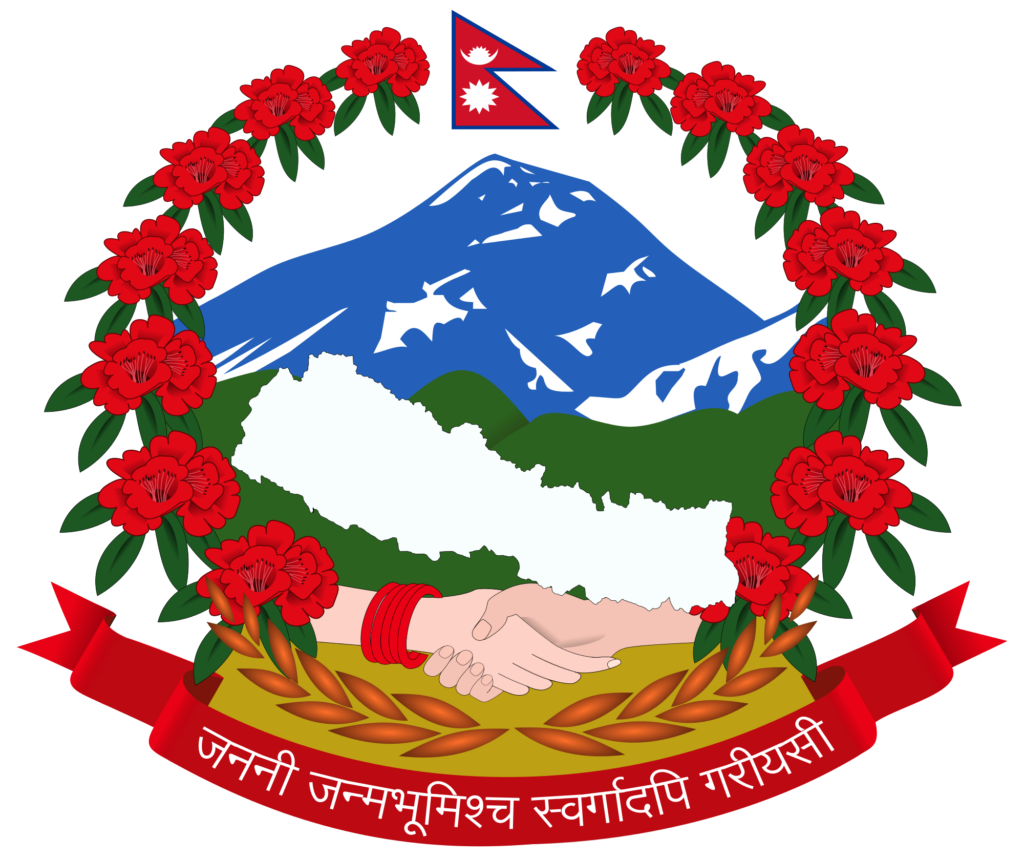Clauses of Immigration Act, 1992
The Immigration Act of 1992 of Nepal is a comprehensive legal framework regulating people’s movement in and out of the country. It outlines the conditions under which foreigners can enter Nepal, the available visa types, and the process for obtaining them. It also contains provisions related to the deportation of foreigners who violate the terms of their visas or engage in activities deemed harmful to Nepal’s national security or public interest.
Below is a summary of the main clauses of the Immigration Act, 1992 of Nepal:
Clause 1: Definitions
This clause defines key terms used throughout the Act, including “foreigner,” “immigration,” “visa,” and “deportation.”
Clause 2: Right to enter and reside in Nepal
This clause states that the right to enter and reside in Nepal is subject to the provisions of the Act and other relevant laws. It also establishes that the government can regulate foreigners’ entry, stay, and departure.
Clause 3: Visa
This clause specifies the types of visas available to foreigners, including tourist, business, and work visas. It also outlines the process for obtaining a visa, including the documents that must be submitted and the fees that must be paid.
Clause 4: Prohibition on entry without a valid visa
This clause prohibits foreigners from entering Nepal without a valid visa, except in cases where they are granted a visa upon arrival or are exempt from the requirement due to their nationality or the purpose of their visit.
Clause 5: Deportation
This clause grants the government the authority to deport foreigners who violate the terms of their visas or engage in activities deemed harmful to Nepal’s national security or public interest. It also outlines the process for deportation, including the right to appeal and the procedures for appealing a deportation order.
Clause 6: Extension of visa
This clause allows the government to extend the duration of a foreigner’s stay in Nepal if they meet certain conditions, such as having a valid reason for remaining in the country and having sufficient funds to support themselves.
Clause 7: Cancellation of visa
This clause grants the government the authority to cancel a foreigner’s visa if they violate the terms of their visa or engage in activities deemed harmful to Nepal’s national security or public interest.
Clause 8: Powers of immigration officers
This clause grants immigration officers the authority to perform various duties related to the enforcement of the Act, including inspecting the documents of foreigners, conducting searches, and arresting and detaining individuals who violate the Act.
Clause 9: Penalties
This clause outlines the penalties for violating the Act, including fines and imprisonment.
Clause 10: Delegation of powers
This clause allows the government to delegate its powers under the Act to other authorities as it sees fit.
Clause 11: Power to make rules
This clause grants the government the power to make rules to specify the provisions of the Act further and to provide guidance on its implementation.
The Immigration Act of 1992 Nepal is an essential legal framework that plays a crucial role in regulating the movement of people in and out of the country. It guides foreigners seeking to enter Nepal and helps ensure their stay in the country is safe and productive.
Clause 12: Repeal and savings
This clause repeals the Immigration Act of 1964 and any other laws inconsistent with the Act’s provisions. It also provides for the saving of any actions taken under the repealed laws.
Clause 13: Power to remove difficulties
This clause grants the government the power to remove any difficulties in implementing the Act.
Clause 14: Application of the Act
This clause specifies that the Act applies to all foreigners in Nepal, regardless of their nationality or the purpose of their visit.
Clause 15: Interpretation
This clause guides the interpretation of the Act and defines any terms not already defined in the definitions clause.
Clause 16: Amendment of the Act
This clause allows the government to amend the Act as it sees fit.
In summary, the Immigration Act 1992 of Nepal is a comprehensive legal framework that regulates the movement of people in and out of the country. It outlines the conditions under which foreigners can enter Nepal, the available visa types, and the process for obtaining them. It also contains provisions related to the deportation of foreigners who violate the terms of their visas or engage in activities deemed harmful to Nepal’s national security or public interest. The Act is an essential tool for ensuring people’s orderly and lawful movement in Nepal and protecting the country’s national security and public interest.

